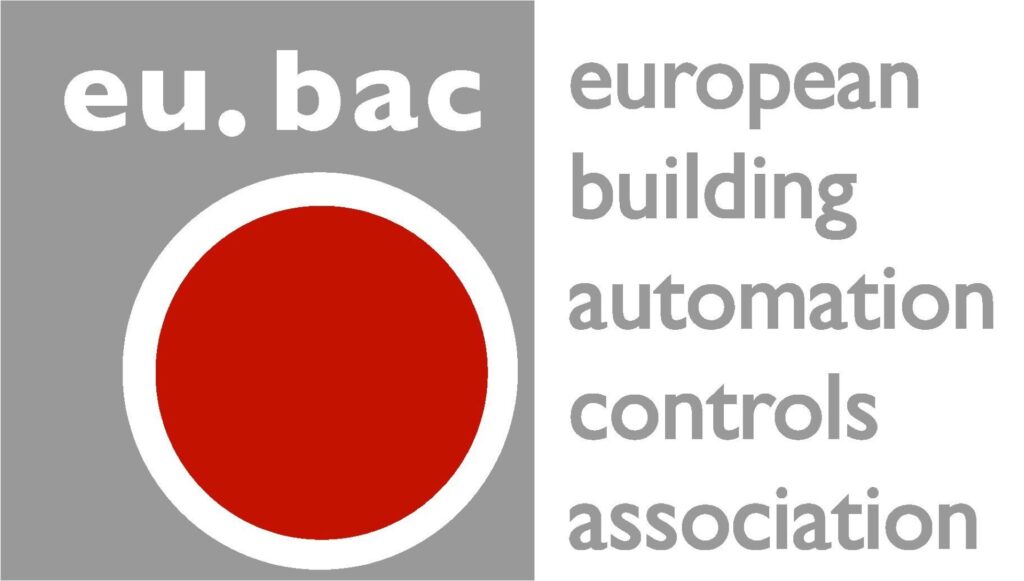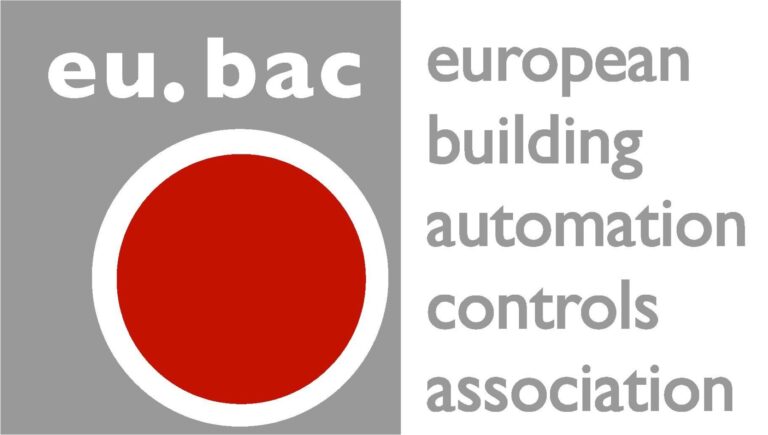eu.bac letter to national ministers on EPBD revision

On 23 October, eu.bac sent a letter to EU national ministers on the EPBD revision. Please find below the text:
In light of the imminent trilogue on the Energy Performance of Buildings Directive (EPBD) revision, eu.bac, the European Building Automation and Control Industry Association, encourages Member State governments to adjust the Council’s position towards the European Parliament’s EPBD report, adopted on 11 October.
The European Parliament’s position foresees a pragmatic upgrade of the EPBD to enable the transition towards a more effective and smart building stock, concretely contributing in delivering a real “Clean energy for all Europeans”.
Capital-light, fast pay-back investments would provide substantial added value to people and businesses, and drive sustainable growth: they could lower energy bills, energy imports and CO2 emissions, while improving health and indoor comfort, tackling energy poverty, driving digitalization and creating high-quality jobs.
In order to do so, eu.bac suggests five key elements for making the revision of the EPBD successful:
• Roll-out of building automation and control functionalities in large non-residential buildings that ensure optimized energy consumption and indoor comfort in real-time, year after year, with saving up to 20.3 % of all EU service sector building energy consumption and returns 9 times higher than investments; the approach of the European Parliament addresses the market barriers stemming from split-incentives and building project management effectively.
• Roll-out of electronic performance monitoring functionalities as a cost-effective alternative to physical inspections of heating and air-conditioning systems in residential buildings, with returns 9 times higher than investments and annual energy savings up to 23.4% of residential building energy consumption (optimal scenario);
• Roll-out of individual room temperature control functionality. This no-regret, basic control functionality puts people in control of their energy bills and indoor comfort. The payback of these low-capital investments is of 2 years or less and deliver annual EU energy savings of up to 160 TWh, cutting 29 Mt CO2 emissions, with returns 7 times higher than investments.
• A more efficient and effective framework on technical building systems (TBS) under actual use conditions, which is not considered by Ecodesign. Focus on the optimization of technical building system performance under actual use conditions, helping to match real-life energy consumption with theoretical expectations based on calculations; the approach of the European Parliament ensures that real-life energy bills will be closer to expectations. In practice, implementation could rely on uncomplicated check-lists that take into account methods in EPB standards. Limiting system performance assessment to “altered parts”, as foreseen for Article 8(5) in the Council General Approach, is in contradiction to the objective of system performance optimization. This would create red tape without added value.
• A more effective and efficient framework on regular maintenance and inspections. Regular maintenance of technical building systems ensures optimized performance over the lifecycle of equipment. This is the objective of the inspections, as stated in Recital (26). For larger buildings this objective can be achieved at lowest cost with modern building automation and control, and electronic monitoring functionalities. There is evidence that this cannot be achieved by alternative measures such as provision of adequate advice on early replacement of heat generators, as foreseen in the General Approach of the Council. This could mean, in many cases, having a leaflet signed by an expert, with no real intervention on the heating and air-conditioning systems. This approach would seriously damage the new proposed measures’ benefits, and would create a loophole to building automation and controls’ roll-out and inspections.
The above mentioned are critical measures to ensure meaningful improvements of the technical building systems, leveraging the potential of building automation and controls for optimized energy performance.
In light of the above, eu.bac drafted an Annex (please find it attached) with detailed remarks and suggestions for the trilogue negotiations.
We hope you may take our concerns into consideration and we remain at your disposal for any further details you might want to discuss.
